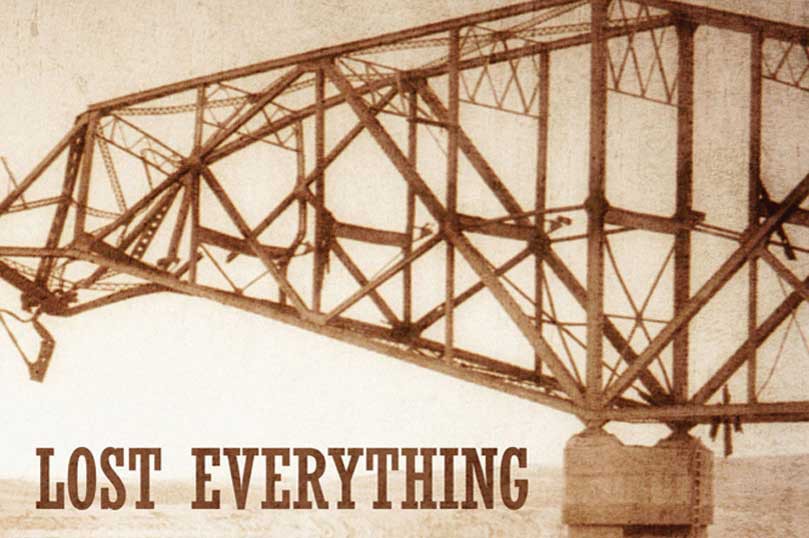
Finding Religion
By Brian Francis Slattery Considering how simple the main thread of the story of Lost Everything is—a man named Sunny Jim and his friend take a boat up the Susquehanna River to reunite with Sunny Jim’s son—it’s a little embarrassing that it took me so long to figure out how to tell it. Part of…
